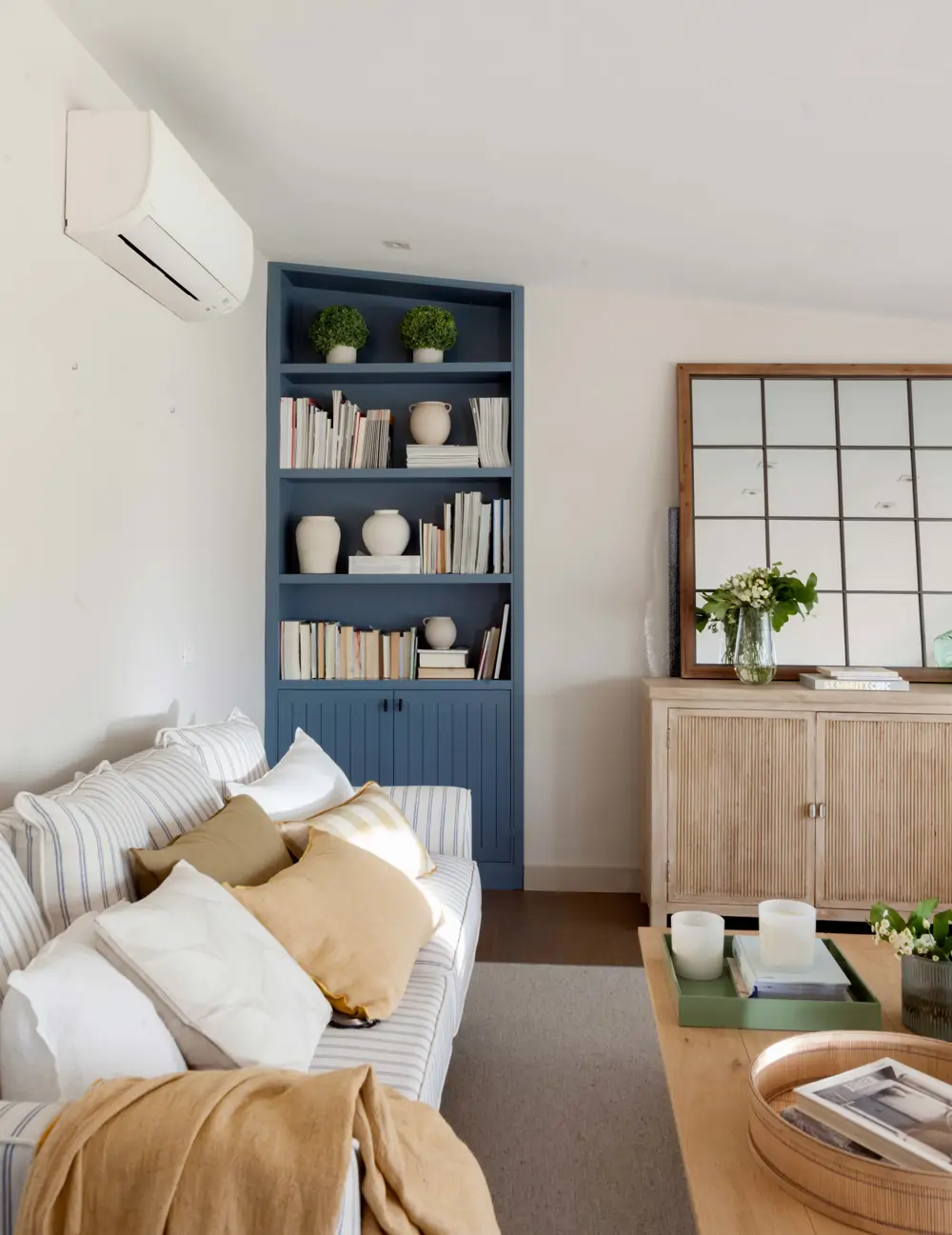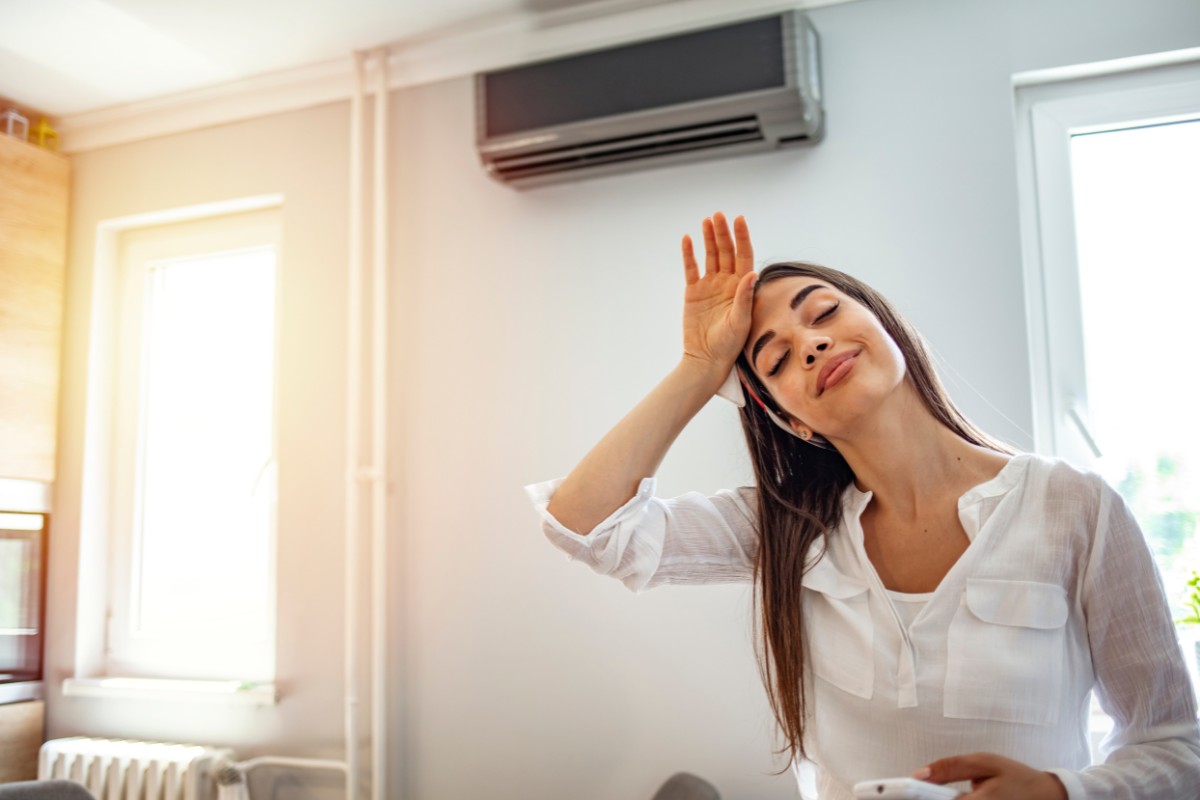Since they came into our lives, air conditioners have become an essential item in many homes, especially in areas where the heat is intense and outdoor temperatures are higher during the summer months. It is true that fans also exist, but if you have air conditioning, you will know that they are almost incomparable because, although fans cool the air, when temperatures are very high, they move hot air and are not as effective.
Air conditioning units have evolved with technology. Now, beyond providing comfort, many units offer technological solutions to regulate temperature, improve energy efficiency, and maintain good indoor air quality. However, there are many misconceptions surrounding air conditioners that generate doubts or misunderstandings about how they work and how to use them correctly. To clear up any doubts, an expert from the Haier brand has told us what is true and what is false about the most common myths surrounding air conditioners.
Myths and truths about air conditioning
The home appliance company Haier has shared a video on the social network TikTok in which one of its air conditioning experts debunks the main myths circulating about air conditioning and clarifies which ones are true and which ones are not. Understanding how this climate control device really works can help you get the most out of it, save energy and extend its useful life.
1. Does a larger air conditioner cool faster?
‘True, although sometimes it can be a negative thing, as the unit may be oversized and increase consumption,’ explains the expert. It is true that a more powerful unit can cool a room in less time. However, this is not always ideal: an air conditioner that is oversized for the space where it is installed can cause unnecessary energy consumption, more frequent on/off cycles and, as a result, shorten the life of the unit.
2. If I set the temperature to the minimum, the room will cool down faster
‘False, our equipment is equipped with applications and features to reach the desired temperature quickly and efficiently,’ explains the specialist. Setting the thermostat to the minimum will only cause the unit to work longer, without speeding up the cooling process, which also increases energy consumption. As the expert has pointed out, modern air conditioners are designed with smart technologies and applications that automatically regulate the power to reach the desired temperature in the shortest possible time.

3. Air conditioning eliminates bad odours
‘False, in the end the units work like a loudspeaker, they simply amplify the odours in the air,’ says the Haier employee, adding that ‘that’s why it’s important to have units with systems and applications that clean the space’. By saying that air conditioning acts like a loudspeaker, the expert means that if there is a bad smell in the room, the unit will distribute it even more throughout the room. Their recommendation is to purchase a model that includes an air purification system or at least special filters.
4. Air conditioning consumes the same amount of energy at 22ºC as at 25ºC
‘False, in the end it depends a lot on the outside temperature and the temperature difference between the outdoor unit and the indoor unit. From there, it depends on the requirements of the equipment,’ says the expert. This means that the smaller the temperature difference, the less effort the appliance has to make and, therefore, the lower the consumption.
5. Turning the air conditioning on and off uses more energy than leaving it on
‘True, the energy required to turn a unit on will always be higher than if we set a stable temperature,’ concludes the Haier air conditioning specialist. Every time we turn on the air conditioning, the unit requires a peak of energy to start up, which uses more energy than keeping it running at a stable temperature.

